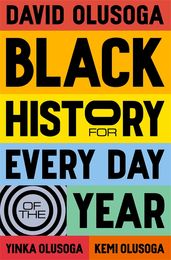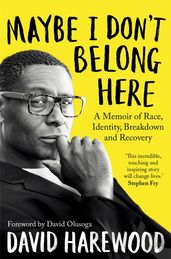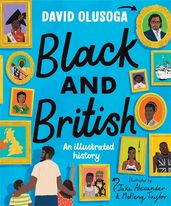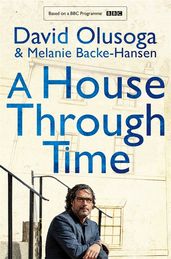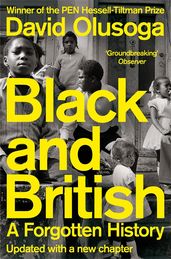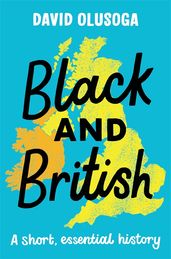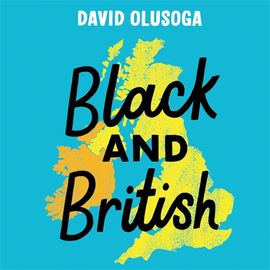
Black and British: A short, essential history
Synopsis
Winner of the Book of the Year, Children's Illustrated and Non-Fiction at The British Book Awards, 2021
Shortlisted for Waterstones Book of the Year 2020
A short, essential introduction to Black British history for readers of 12+ by award-winning historian and broadcaster David Olusoga.
When did Africans first come to Britain?
Who are the well-dressed black children in Georgian paintings?
Why did the American Civil War disrupt the Industrial Revolution?
These and many other questions are answered in this essential introduction to 1800 years of the Black British history: from the Roman Africans who guarded Hadrian’s Wall right up to the present day.
This children's version of the bestseller Black and British: A Forgotten History is illustrated with maps, photos and portraits.
Macmillan Children's Books will donate 50p from every copy sold to The Black Curriculum.
Details
Reviews
For readers aged 12+, the book asks some thought-provoking questions and answers them in a smart and thorough style that will teach adults as much as it will children. We can see why it’s been called a must-read.
In non fiction, David Olusoga’s authoritative text has been condensed for children in Black and British: A Short, Essential History (Macmillan). It ranges from the first Africans to come to Britain to the shameful Windrush scandal, and takes in the industrial revolution, cotton grown on slave plantations and the black soldiers who fought for Britain in the first world war. Olusoga’s book conveys with calm clarity why all British children should be taught black history
Discovering history is as entertaining as it is informative
And to the present day: David Olusoga is the best possible person to write Black and British: A Short, Essential History (Pan Macmillan). This new, updated edition of his 2016 book is aimed at younger readers, and it appears at a time when many people are debating the best ways to tell histories of empire and race in the classroom. Olusoga describes it as "the book I wish I had been given to read when I was at school", and I couldn't agree more
